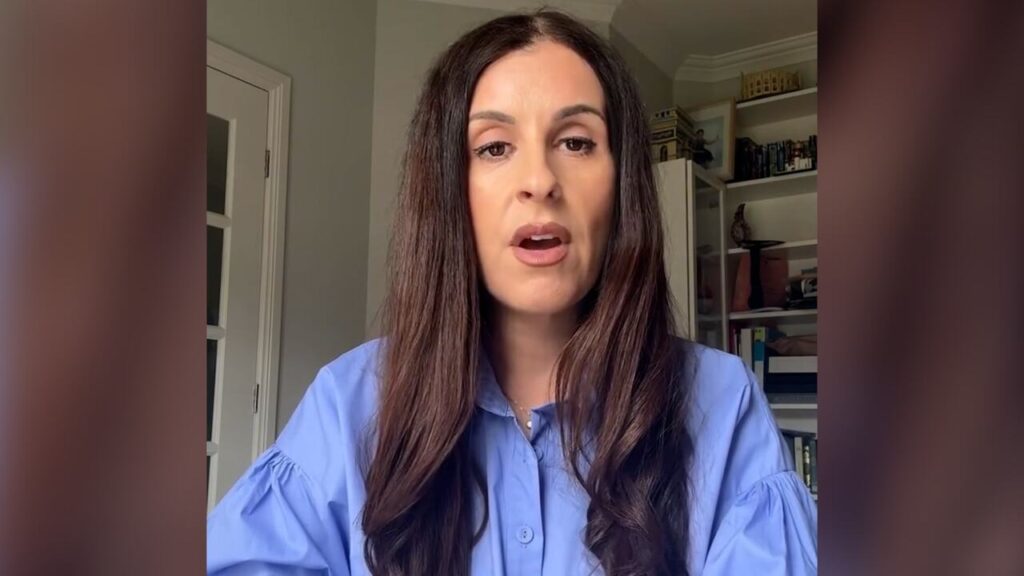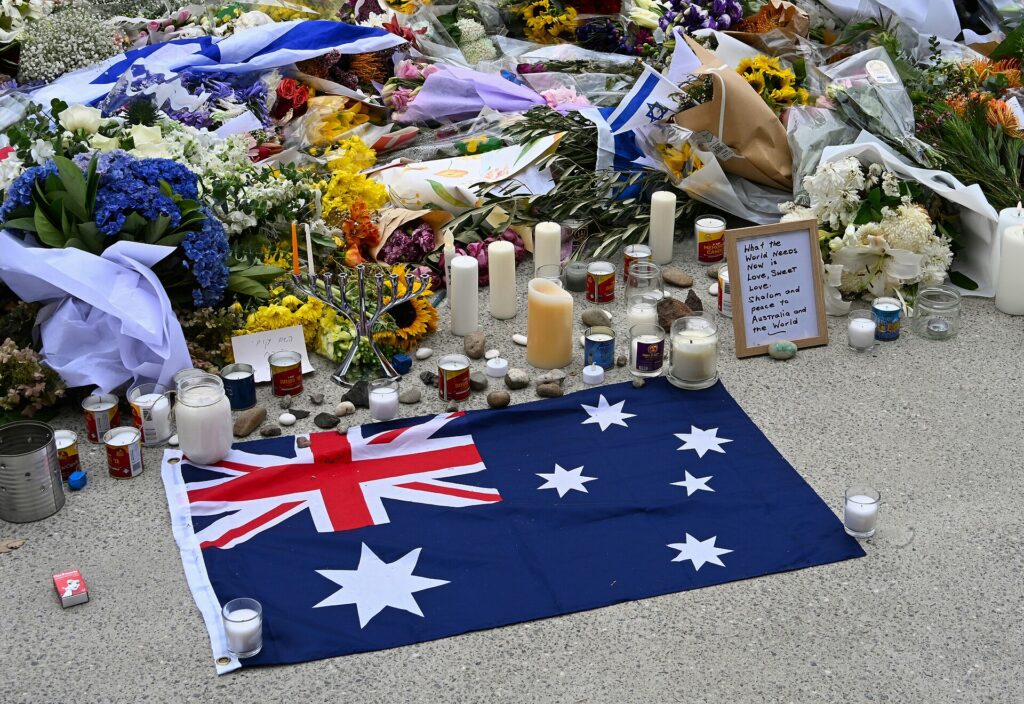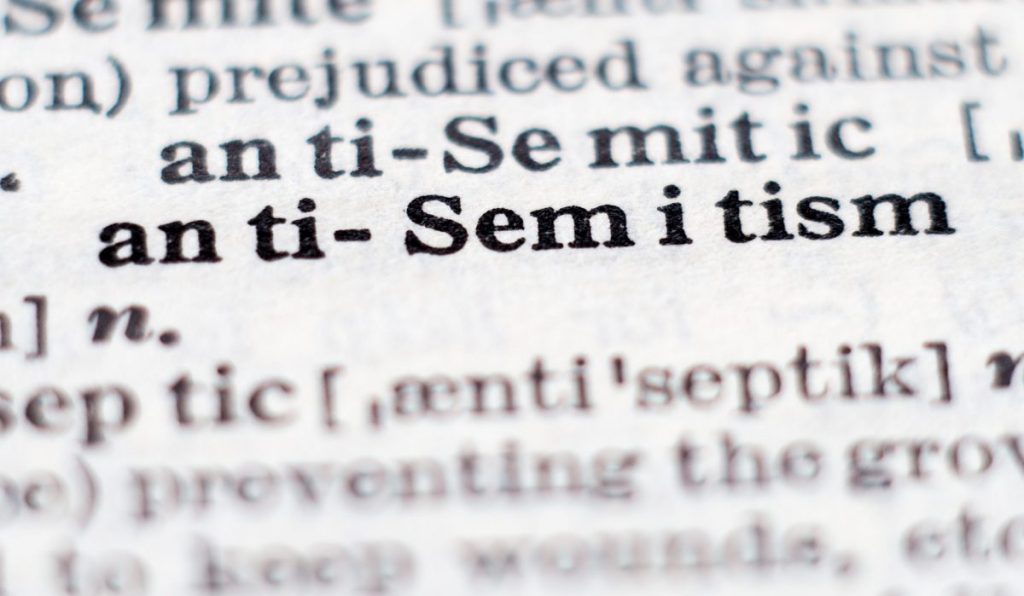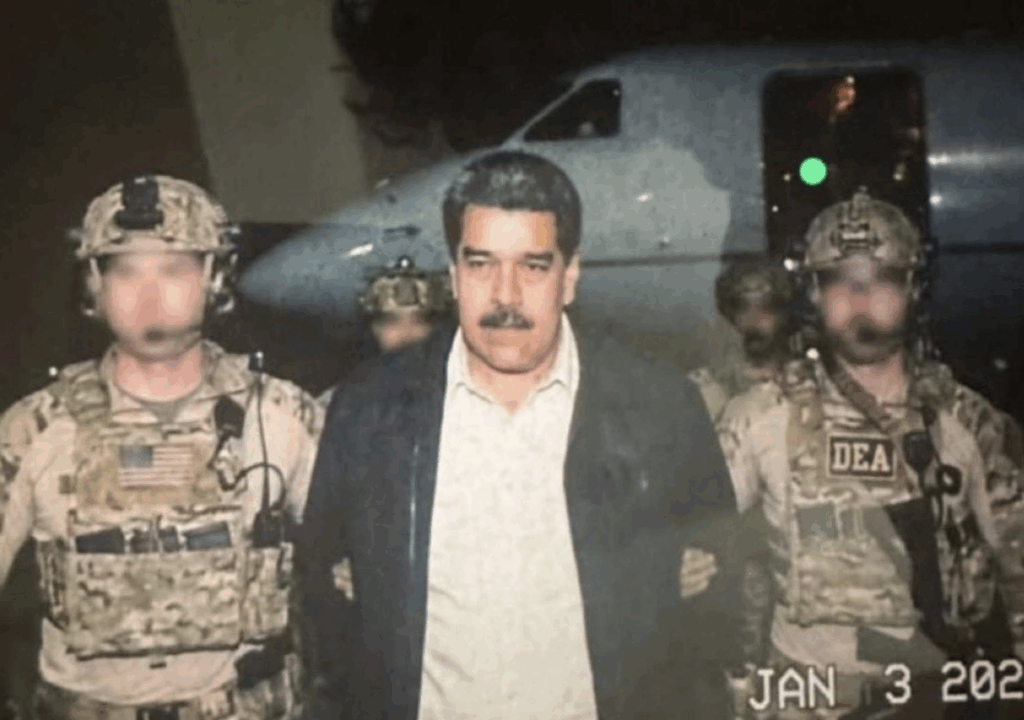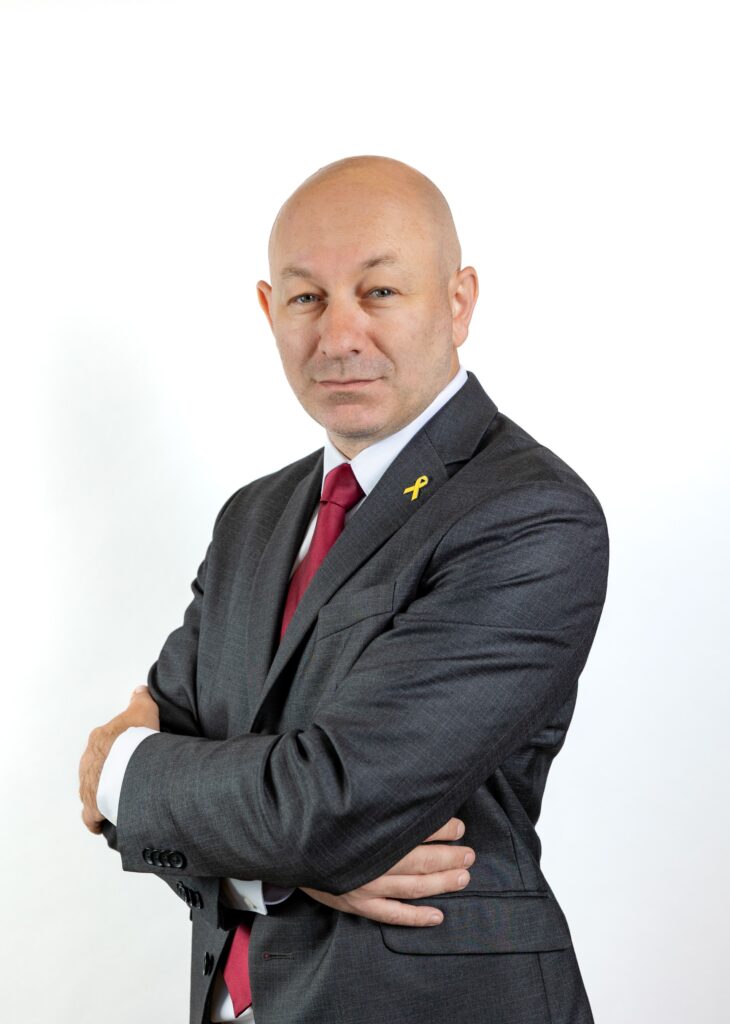UPDATES
The Iranian Regime and the Nuclear “Framework” understanding
April 15, 2015
Update from AIJAC
April 15, 2015
Number 04/15 #03
This Update offers more on the framework “understanding” reached between the P5+1 and Iran two weeks ago outlining the term of a future nuclear deal – especially in the wake of public denunciations of key elements of the claimed agreement by Iranian supreme leader Ayatollah Ali Khamenei and President Hassam Rouhani. (Indeed, some analysts – including American columnist Jonah Goldberg and Israeli analyst Yigal Carmon – are openly questioning whether there is anything that can properly be called an agreement in existence at all, given the differences being enunciated by those who supposedly agreed on the framework.)
We lead with New York Times columnist David Brooks, who argues the whole nuclear deal is a gamble that the Iranian regime is now post-revolutionary – run by a Gorbachev, not a Lenin. He parses the recent statements from Khamanei and argues that so far at least, this gamble does not look like paying off, with Khamenei painting the US as as “the embodiment of evil” and demanding total trust while offering maximum contempt in return. Brooks concludes that “If Iran still has revolutionary intent, then no amount of treaty subtlety will enforce this deal.” For his complete argument, CLICK HERE. More on what appears to be a firm “no” from the Iranian Supreme Leader to essential elements of the agreement comes from American reporter Eli Lake, Meanwhile, also explaining that Iran’s future behaviour rests on the difference between Iran deciding to behave like a state, as opposed to a revolutionary “cause”, is former US diplomat Amb. James Jeffrey.
Next up is Jackson Diehl of the Washington Post, who also discusses the extent to which this agreement’s success relies on “Obama’s hope that nuclear detente will change Iran.” He argues that President Obama’ claim that the agreement will be “a good deal even if Iran doesn’t change at all” looks obviously wrong – noting that sanctions relief will potentially give Iran hundreds of billions of dollars to spend on terrorism, subversion of neighbouring countries and weapons systems to attempt to assert regional hegemony in a few years time. He also notes that while, in the past, many experts were predicting major evolution of the Iranian regime, few are doing so confidently today, and yet, he argues, this is what the benefits of the proposed deal depend on. For all the details, CLICK HERE. Another critical take comes from Diehl’s Washington Post colleague Charles Krauthammer.
The final entry in the Update comes from Israeli Defence Minister Moshe Yaalon. He makes the case that all three of the key arguments being put forward for the agreement – “the only alternative is war; that Iranian violations will be deterred or detected because of ‘unprecedented verification’; and that, in the event of violations, sanctions will be snapped back into place” – are incorrect. He is particularly interesting when he draw on Israel’s own past intelligence failures in Iran to counter claims that any cheating can be detected, as well as the North Korean case. For all that he has to say, CLICK HERE. Another interesting argument about sanctions “snapback” comes from Michael Rubin, who points out the extreme difficulties likely to be experienced in getting Russia and China to agree to any sanctions renewal if necessary.
Readers may also be interested in:
- More on the Iranian response from Washington Institute expert Mehdi Khalaji here and here
- A good myths and facts on the debate about the deal from academic Mitchell Bard of AICE. Plus, a series of questions on the deal from an expert panel at the Washington think-tank JINSA.
- In the wake of the framework deal, Russia has reportedly decide to reverse a previous decision not to sell Iran the advanced S-300 air defence system. Some analysis of the implications of this come from Israeli security analyst Ron Ben Yishai, American strategic analyst Max Boot, former senior American official Elliot Abrams, and the Wall Street Journal.
- The US Congress and the Obama Administration have apparently reached agreement on a bill to give Congress a right to review any final nuclear agreement with Iran. Comment on what was agreed and how it may play out politically in the US comes from Max Boot and Jonathan Tobin.’
- For those who have not seen it in the Australian on the Weekend, the piece by former US Secretaries of State Henry Kissinger and George Shultz on the Iran Framework deal is essential reading. Also worth reading on how the deal’s holes can be patched is Iran expert Ray Takeyh of the Council on Foreign Relations.
- A good summary of the polarised reaction to the agreement across the Middle East.
- Israeli PM Binyamin Netanyahu released a short video statement on the deal and what he objects to in it. More on Israel’s ideas to improve the deal are here.
- Israeli academic proliferation expert Efraim Kam argues it is reasonable for Israel to demand that Iran recognise Israel as a condition of the agreement, even though the US Administration rejects this. Also arguing that Iranian antisemitism and eliminitionist rhetoric are something that should not be be sidelined in discussing any agreement is American historian Jeffrey Herf.
- Isi Leibler calls for a unity government in Israel to respond to what he sees as the hostile attitude of the Obama Administration.
- Some examples from the many stories and comments now appearing at AIJAC’s daily “Fresh AIR” blog:
- AIJAC analyst Glen Falkenstein had pieces on the Iranian framework deal in both the Courier Mail and Canberra Times.’
- Ahron Shapiro had a piece on the deal in the Strategist Blog, published by the Australian Strategic Policy Institute.’
- AIJAC’s statement on Foreign Minister Julie Bishop’s plans to visit Iran later this week.
The Revolution Lives!
Beyond all the talk of centrifuges and enrichment capacities, President Obama’s deal with Iran is really a giant gamble on the nature of the Iranian regime. The core question is: Are the men who control that country more like Lenin or are they more like Gorbachev? Do they still fervently believe in their revolution and would they use their postsanctions wealth to export it and destabilize their region? Or have they lost faith in their revolution? Will they use a deal as a way to rejoin the community of nations?
We got a big piece of evidence on those questions on Thursday. Iran’s supreme leader, Ayatollah Ali Khamenei, delivered his first big response to the sort-of-agreed-upon nuclear framework. What did we learn?
First, we learned that Iran’s supreme leader still regards the United States as his enemy. The audience chanted ‘Death to America’ during his speech, and Khamenei himself dismissed America’s ‘devilish’ intentions. When a radical religious leader uses a word like ‘devilish,’ he’s not using it the way it’s used in a chocolate-cake commercial. He means he thinks the United States is the embodiment of evil.
Second, we learned that the West wants a deal more than Khamenei does. ‘I was never optimistic about negotiating with America,’ he declared. Throughout the speech, his words dripped with a lack of enthusiasm for the whole enterprise.
President Obama is campaigning for a deal, while Khamenei is unmoved. That imbalance explains why Western negotiators had to give away so many of their original demands. The United States had originally insisted upon an end to Iran’s nuclear program, a suspension of its enrichment of uranium, but that was conceded to keep Iran at the table.
Third, we learned that the ayatollah is demanding total trust from us while offering maximum contempt in return. Khamenei communicated a smug and self-righteous sense of superiority toward the West throughout his remarks. He haughtily repeated his demand that the West permanently end all sanctions on the very day the deal is signed. He insisted that no inspectors could visit Iranian military facilities. This would make a hash of verification and enforcement.
Fourth, we learned that Khamenei and the U.S. see different realities. It’s been pointed out that Iranian and American officials describe the ‘agreed upon’ framework in different ways. That’s because, Khamenei suggested, the Americans are lying. ‘I’m really worried as the other side is into lying and breaching promises. An example was the White House fact sheet,’ he said. ‘This came out a few hours after the negotiations, and most of it was against the agreement and was wrong. They are always trying to deceive and break promises.’
Fifth, Khamenei reminded us that, even at the most delicate moment in these talks, he is still intent on putting Iran on a collision course with Sunnis and the West. He attacked the Saudi leaders as ‘inexperienced youngsters’ and criticized efforts to push back on Iranian efforts to destabilize Yemen.
The foreign minister of the United Arab Emirates, Sheikh Abdullah bin Zayed al-Nahyan, characterized Iran’s recent bellicosity this way: ‘It’s about Iran believing in exporting the revolution. It’s part of their regime, a part of their ideology.’
Khamenei’s remarks could be bluster, tactical positioning for some domestic or international audience. But they are entirely consistent with recent Iranian behavior. His speech suggests that Iran still fundamentally sees itself in a holy war with the West, a war that can be managed prudently but that is still a fundamental clash of values and interests. His speech suggests, as Henry Kissinger and George Shultz put it in a brilliant op-ed essay in The Wall Street Journal on Wednesday, that there is no congruence of interests between us and Iran. We envision a region of stable nation-states. They see a revolutionary anti-Western order.
If Iran still has revolutionary intent, then no amount of treaty subtlety will enforce this deal. Iran will begin subtly subverting any agreement. It will continue to work on its advanced nuclear technology even during the agreement. It will inevitably use nuclear weaponry, or even the threat of eventual nuclear weaponry, to advance its apocalyptic interests. Every other regional power will prepare for the worst, and we’ll get a pseudo-nuclear-arms race in a region of disintegrating nation-states.
If President Obama is right and Iran is on the verge of change, the deal is a home run. But we have a terrible record of predicting trends in the Middle East. Republican and Democratic administrations have continually anticipated turning points in the Middle East: Republicans after interventions, Democrats after negotiations. But the dawns never come.
At some point, there has to be a scintilla of evidence that Iran wants to change. Khamenei’s speech offers none. Negotiating an arms treaty with Brezhnev and Gorbachev was one thing. But with this guy? Good luck with that.
Back to Top
————————————————————————
Obama rolls the dice on Iran
Washington Post,
The weakest point in President Obama’s defense of his deal with Iran is his claim that ‘it is a good deal even if Iran doesn’t change at all.’
Let’s consider that scenario. An Iran that does not change will reap hundreds of billions of dollars in fresh revenue from the lifting of sanctions, and it will surely use much of that to fund its ongoing military adventures in Iraq, Syria, Lebanon and Yemen. It will supply more weapons to Hamas and other radical Palestinian groups, and invest more in its long-range missiles, cyberweapons and other military technologies not covered by the agreement. It will continue developing advanced centrifuges for uranium enrichment and after a decade will begin installing them.
By Obama’s own account, in 13 or 14 years Iran will reemerge as a threshold nuclear state with a breakout time ‘almost down to zero.’ It will still seek domination of the Middle East and the elimination of Israel, but with far greater resources and the capability to build a nuclear weapon at any time of its choosing. A future president, administration officials concede, will have to go back to the same strategy – sanctions, sabotage and the threat of force – that Obama now proposes to set aside, but the odds of preventing a nuclear Iran will be considerably worse than they are now.
To say the least, that future president is unlikely to agree that Obama made a good deal.
So let’s be honest: Everything depends on Obama’s hope that nuclear detente will change Iran. ‘If in fact they’re engaged in international business, and there are foreign investors, and their economy becomes more integrated with the world economy, then in many ways it makes it harder for them to engage in behaviors that are contrary to international norms,’ is the way he put it to National Public Radio.
Such an Iran would be less likely to try to cheat on its nuclear commitments or to rapidly expand its uranium enrichment when restrictions expire. As Obama sees it, rather than seek to destroy Israel or Sunni Arab regimes such as Saudi Arabia, it would settle for a regional ‘equilibrium’ that would, in turn, open the way to compromise solutions to the wars in Syria and elsewhere. It would have ‘a different kind of relationship’ with the United States.
Obama may deny that this transformation is baked into the terms he agreed to. But it’s well known that his belief that ‘engagement’ with rogue regimes leads to peaceful and positive change is the distinguishing foreign policy idea of his presidency, one that he has applied to Burma and Cuba, as well as to Iran. It explains why he would agree to temporarily restrain, rather than eliminate, Iran’s capacity to build a bomb. There’s no point in simply buying time unless you expect something to change.
The biggest question about the accord is consequently not how quickly sanctions are lifted or whether inspections are rigorous enough. It is whether ‘those forces inside of Iran that say, “We don’t need to view ourselves entirely through the lens of our war machine” get stronger,’ as Obama told the New York Times.
So can they? Fifteen years ago, most Western experts on Iran might have said yes. That was when the reformist president Mohammad Khatami, elected in a 1997 landslide, was encouraging a ‘dialogue of civilizations’ and saying it was up to the Palestinians to decide the future of their homeland; when liberal students marched at universities and a robust independent press demanded even greater freedoms. In 2009, when the ‘Green Movement’ surged into the streets following a disputed election, the possibility of radical political change in Tehran once again seemed real.
It turned out, however, that both Iranian liberals and Western analysts underestimated the strength of Iran’s deep state – the Revolutionary Guards, the reactionary clergy, the hard-line judiciary. Those forces crushed both Khatami and the Green Movement; presiding over them is Supreme Leader Ayatollah Ali Khamenei, who last week reiterated his abiding hatred for the West and everything it represents.
Today it’s difficult to find an expert who believes Iran will soon evolve into a more benign power, notwithstanding the 2013 election of the moderate Hassan Rouhani as president. Present and former senior administration officials I consulted said they expected the Iranian regime would remain the same in the next few years, or maybe get worse. One predicted Khamenei – if he doesn’t kill the accord outright – would set out to prove that it won’t change the state’s ‘revolutionary’ agenda.
That widely shared analysis may well be too gloomy. But it probably explains why Obama keeps insisting in media interviews that he’s not banking on an Iranian transformation. In reality, he is. It’s the apotheosis of his worldview, the sine qua non of the nuclear deal – and the riskiest bet of his presidency.
Jackson Diehl is deputy editorial page editor of The Post.
Back to Top
————————————————————————
Current Iran framework will make war more likely
By Moshe Ya’alon
Washington Post, April 8
The framework concluded last week on Iran’s nuclear program was doomed to disagreement. Even the ‘fact sheets’ issued by the United States, France and Iran – all parties to the talks – didn’t agree on the facts.
Israel has made clear its grave concerns about the framework’s fundamental elements and omissions. The vast nuclear infrastructure to be left in Iran will give it an unacceptably short breakout time to building a bomb. Iran’s long-range ballistic missile program ‘ – a threat to Israel as well as the rest of the Middle East, Europe and the United States – is untouched. The sanctions on Iran will be lifted (quickly, according to the Iranians; gradually, according to the United States), while restrictions imposed on the Islamic republic’s nuclear program will expire in about a decade, regardless of Iran’s campaign of murderous aggression in Lebanon, Syria, Yemen and elsewhere across the Middle East; its arming, funding, training and dispatching of terrorists around the world; and its threats and violent efforts to destroy Israel, the region’s only democracy.
To justify the risks inherent to the framework, its supporters have posited three main arguments: that the only alternative is war; that Iranian violations will be deterred or detected because of ‘unprecedented verification’; and that, in the event of violations, sanctions will be snapped back into place. These arguments have one important feature in common: They’re all wrong.
The claim that the only alternative to the framework is war is false. It both obscures the failure to attain better terms from Iran and stifles honest and open debate by suggesting that if you don’t agree, you must be a warmonger. It also feeds and reflects the calumny that Israel in particular is agitating for war.
As Israel’s minister of defense, as a former Israel Defense Forces chief of general staff and as a combat veteran forced to bury some of my closest friends, I know too well the costs of war. I also know that Israelis are likely to pay the highest price if force is used – by anyone – against Iran’s nuclear program. No country, therefore, has a greater interest in seeing the Iranian nuclear question resolved peacefully than Israel. Our opposition to a deal based on the framework is not because we seek war, but because the terms of the framework – which will leave an unreformed Iran stronger, richer and with a clear path to a bomb – make war more likely.
The framework is supposed to prevent or detect Iranian denials and deception about their nuclear program by means of inspections and intelligence. Unfortunately, the track record of inspections and intelligence makes the framework’s outsize reliance on them both misguided and dangerous.
In many ways, the Iranian nuclear crisis began and intensified after two massive intelligence failures. Neither Israeli nor other leading Western intelligence agencies knew about Iran’s underground enrichment facilities at Natanz and Fordow until it was too late. As good as our intelligence services are, they simply cannot guarantee that they will detect Iranian violations at all, let alone in time to stop a dash for a bomb.
Twenty years ago, inspectors were supposed to keep the world safe from a North Korean nuclear bomb. Today, North Korea is a nuclear weapons state, and Iran isn’t complying with its existing obligations to come clean about its suspected efforts to design nuclear warheads. There is no reason to believe that Iran will start cooperating tomorrow, but the deal all but guarantees that it will nonetheless have the nuclear infrastructure it would need to produce a nuclear arsenal. Intelligence and inspections are simply no substitute for dismantling the parts of Iran’s program that can be used to produce atomic bombs.
Finally, there are the sanctions that brought Iran to the negotiating table in the first place. These took years to put in place and even longer to become effective. Once lifted, they cannot be snapped back after future Iranian violations. It is fantasy to think the sanctions can be restored and become effective in the exceedingly short breakout time provided by the terms of the framework.
Though we have a serious policy disagreement with the United States regarding the framework and its implications, I am nevertheless confident that the friendship and alliance we share will not only weather this difference of views but also emerge even stronger from it. This is precisely what has happened in the past. Israelis know that the United States is Israel’s greatest friend and strategic ally. No disagreement, not even about this critical issue, can diminish our enduring, profound gratitude to the president and his administration, Congress and the American people for all the United States has done to enhance the security of the Jewish state.
The choice is not between this bad deal and war. The alternative is a better deal that significantly rolls back Iran’s nuclear infrastructure and links the lifting of restrictions on its nuclear program to an end of Iran’s aggression in the region, its terrorism across the globe and its threats to annihilate Israel. This alternative requires neither war nor putting our faith in tools that have already failed us.
Moshe Ya’alon is Israel’s defense minister.
Tags: International Security, Iran

